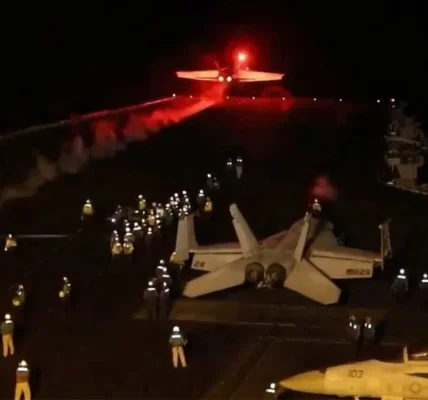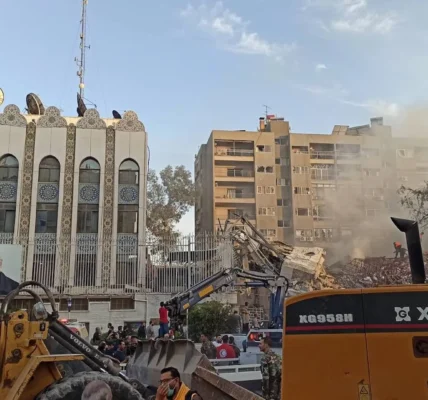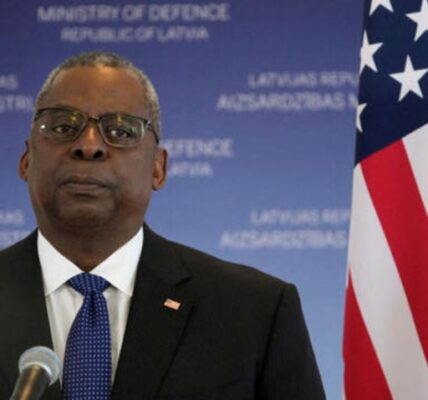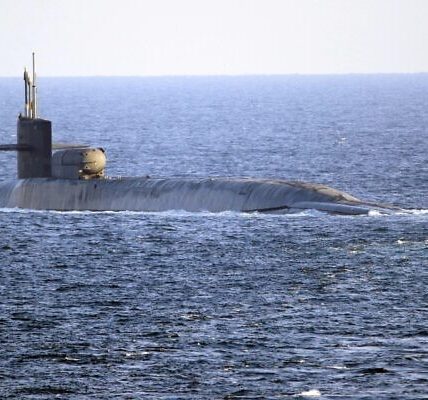Iran Has Vowed to Retaliate in The Wake of an Israeli Air Strike Which Killed a Senior Revolutionary Guards Force Commander
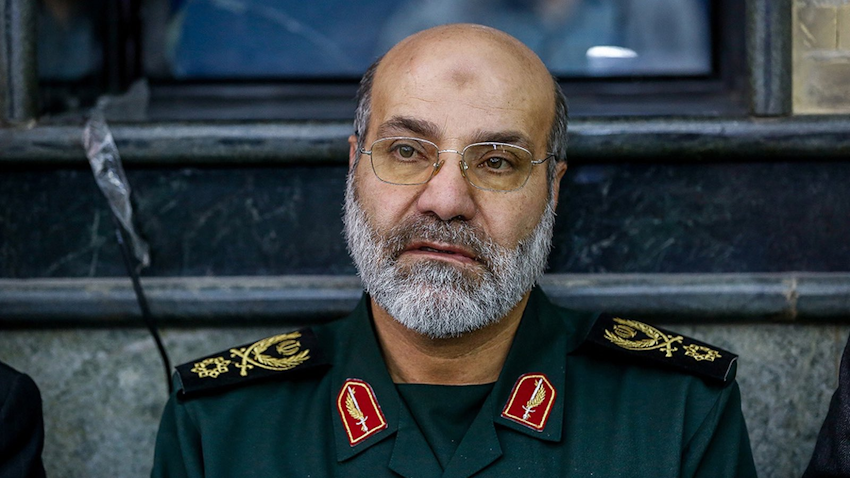
Tehran has vowed to retaliate after accusing Israel of carrying out an airstrike on the Iranian consulate building in Syria in which seven members of Iran’s Revolutionary Guards were killed.
Brig-Gen Mohammad Reza Zahedi, a senior commander of the elite Quds Force, and Brig-Gen Mohammad Hadi Haji-Rahimi, his deputy, were named among the dead.
Iran and Syria’s governments condemned the attack, which destroyed a building next door to the Iranian embassy in Syria’s capital Damascus.
The Israeli military said it did not comment on foreign media reports.
But the Israeli government has acknowledged carrying out hundreds of strikes in recent years on targets in Syria that it says are linked to Iran and allied armed groups which are armed, funded and trained by the Revolutionary Guards.
The Israeli strikes have reportedly been stepped up since the start of the war in Gaza in October last year, in response to cross-border attacks on northern Israel by Hezbollah and other Iran-backed groups in Lebanon and Syria.
But Monday’s attack will be seen as a serious escalation and may be designed to test the resolve of the Iranians and their allies and signaling that they are serious about increasing pressure on their enemies.
The former permanent representative of the UK to the UN and a former head of MI6, the Secret Intelligence Service Sir John Sawyers, described the Israeli attack as an “escalation” but doubted whether it would lead to a wider war within the region.
He told the BBC: “It is an escalation by the Israelis to strike what is a diplomatic premise in Damascus but one which was being abused by the Iranians for military planning for the purposes of housing their senior military staff in Syria. There are two factors here. Looking back at the assassination of Qasem Soleimani four years ago, that has had a wider impact on weakening Iran than was originally assessed. The Israelis believe that by taking out senior Iranian commanders it can undermine that sort of line of control between Tehran and the so-called proxy militias, Hezbollah and those in Syria and Lebanon. Also, during the last six months Iranians and Hezbollah have been very careful not to be pulled into a wider conflict. The Israelis have seen that as a sign of weakness on the Iranian side in that they are not prepared to escalate and that gives the Iranians and opportunity to be more aggressive in their own operations without fear of pulling Iran into a state-on-state conflict with Israel.”
Syria’s defence ministry said Israeli aircraft targeted the Iranian consulate building, which was on a highway in the western Mezzeh district of Damascus, from the direction of the occupied Golan Heights at about 17:00 local time (14:00 GMT) on Monday.
Syrian air defences shot down some of the missiles they launched, but others made it through and “destroyed the entire building, killing and injuring everyone inside”, the ministry added.
The Iranian ambassador, Hossein Akbari, said Israeli F-35 fighter jets “brutally targeted my place of residence and the consular section of the embassy, along with Iran’s military attaches”. He told Iranian state TV that between five and seven people were killed, including some diplomats.
Iranian media said Zahedi, 63, was a senior figure in the Quds Force – the Revolutionary Guards’ overseas operations arm – and served as commander in Lebanon and Syria between 2008 and 2016. Haji-Rahimi was meanwhile identified as Zahedi’s deputy.
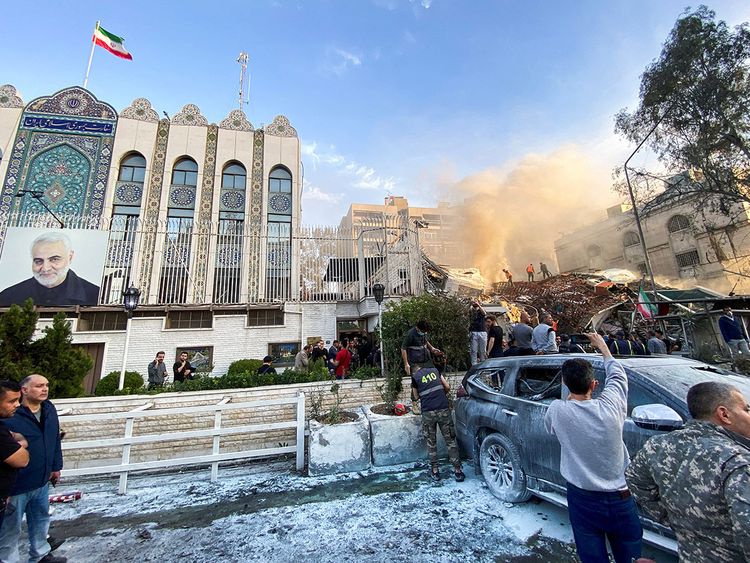
Zahedi is one of the most high-profile Iranian figures believed to have been killed by Israel in the country’s long campaign of targeted assassinations.

